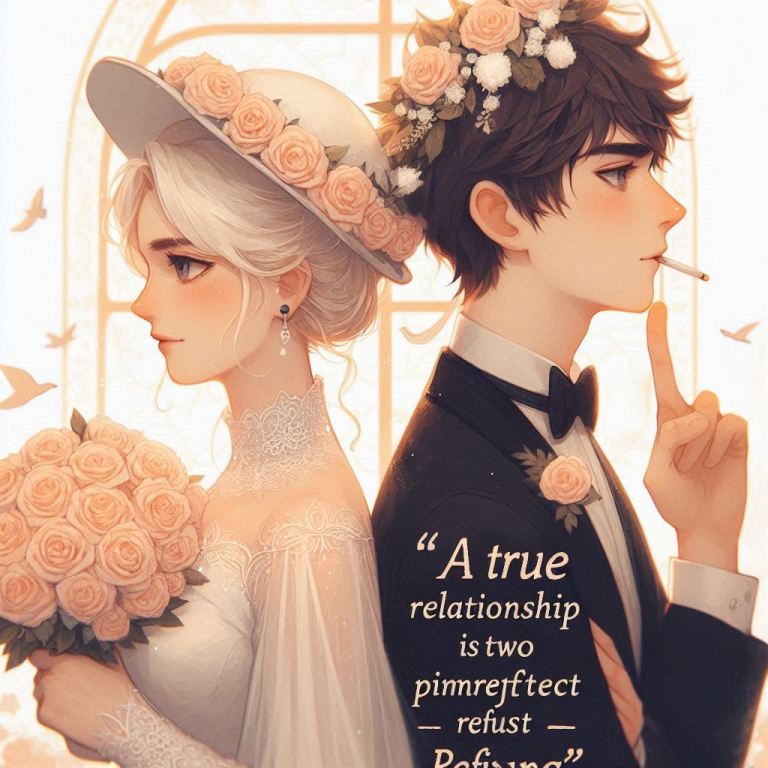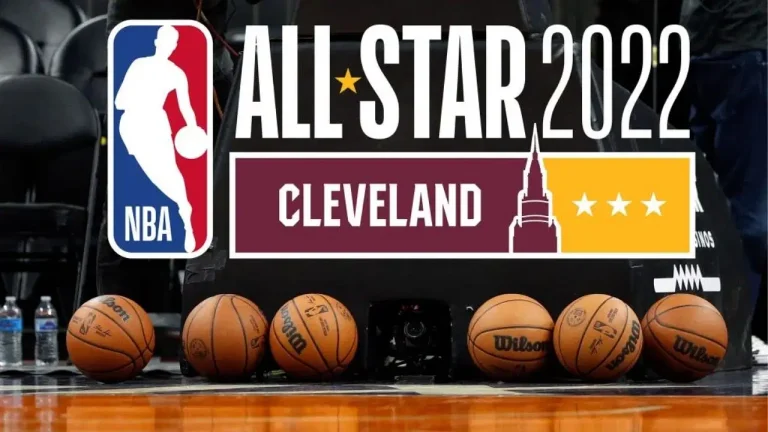emma argues with principal figgins
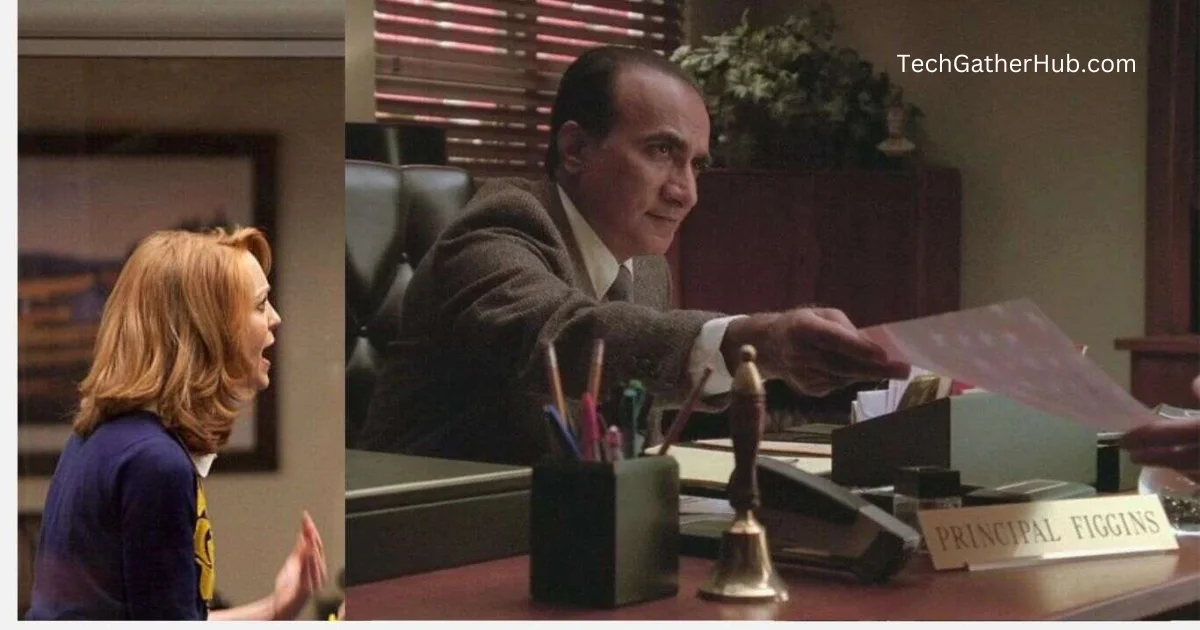
Introduction
emma argues with principal figgins, High school dramas are a staple of storytelling, filled with moments of tension, conflict, and unexpected encounters. In this article, we delve into a particularly memorable scene from McKinley High, where Emma Pillsbury, the school’s guidance counselor, finds herself in a heated argument with the stern and authoritative Principal Figgins. This clash of personalities and ideals unfolds in a way that captivates audiences and adds a layer of complexity to the narrative.
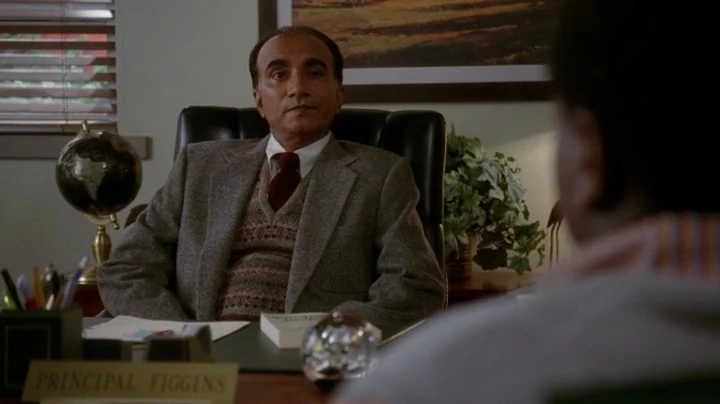
Setting the Scene
McKinley High, a fictional educational institution, serves as the backdrop for the confrontation between Emma Pillsbury and Principal Figgins. Known for its eclectic student body and vibrant characters, McKinley is no stranger to drama both on and off the stage.
Must Read=R. Swinson Funeral Service Obituaries
Emma Pillsbury, portrayed by Jayma Mays, is the school’s dedicated and often neurotic guidance counselor. Known for her impeccable organizational skills and a penchant for cleanliness, Emma is a well-loved figure among students. However, her idealistic and sometimes eccentric views on education clash with the more traditional and bureaucratic approach of Principal Figgins.
Principal Figgins, played by Iqbal Theba, is the authoritative figurehead of McKinley High. Tasked with maintaining order and discipline, Figgins often finds himself at odds with the various eccentricities of the school’s staff and student body.
The Argument Unfolds
The tension between Emma and Principal Figgins comes to a head during a school-wide meeting addressing budget cuts. Emma, advocating for the importance of the arts in education, passionately argues against the proposed reduction in funding for the school’s glee club and art programs.
Principal Figgins, adhering to a more pragmatic and cost-cutting approach, attempts to rationalize the budget cuts as necessary for the school’s financial stability. The clash of their contrasting viewpoints creates a charged atmosphere in the meeting room, with students and staff anxiously awaiting the resolution of this conflict.
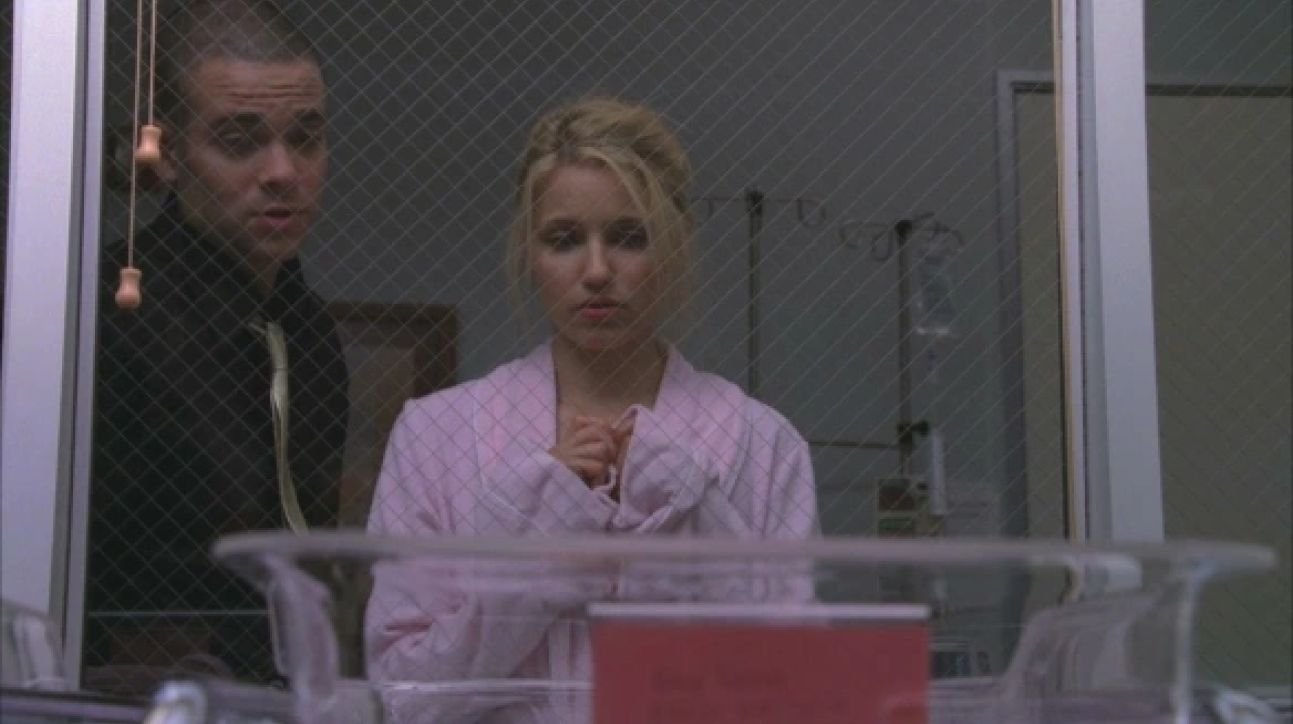
Emma, known for her unwavering dedication to the well-being of students, stands firm in her belief that the arts play a crucial role in fostering creativity and personal growth. She argues that cutting these programs would strip students of essential outlets for self-expression and limit their holistic development.
On the other hand, Principal Figgins, driven by the need to make tough decisions for the school’s fiscal health, emphasizes the importance of prioritizing core academic subjects. The tension escalates as their exchange becomes more animated, reflecting the broader debate on the value of arts education in schools.
Character Dynamics
The clash between Emma and Principal Figgins is not merely a battle of ideas but also a clash of personalities. Emma’s idealism and genuine concern for the students collide with Figgins’ pragmatic and bureaucratic mindset. This dynamic adds depth to their characters, illustrating the complexities within the educational system.
Emma’s character, though sometimes portrayed as quirky and obsessive, becomes a symbol of the fight for creativity and individuality in the face of institutional constraints. Principal Figgins, while representing the challenges of managing a school, is also a reflection of the compromises often made in the pursuit of financial stability.
Resolution and Impact
As the argument reaches its zenith, both characters are forced to confront the limitations of their perspectives. The resolution of the conflict may come through compromise, revealing the delicate balance between idealism and pragmatism in educational institutions.
This clash between Emma and Principal Figgins serves as a microcosm of broader debates within the education system—discussions about the role of the arts, the balance between creativity and practicality, and the constant struggle for adequate funding in schools.
Conclusion
The confrontation between Emma Pillsbury and Principal Figgins in McKinley High exemplifies the multifaceted nature of high school dramas. Beyond the superficial conflicts, these moments delve into deeper societal issues and philosophical debates about the purpose and priorities of education.

